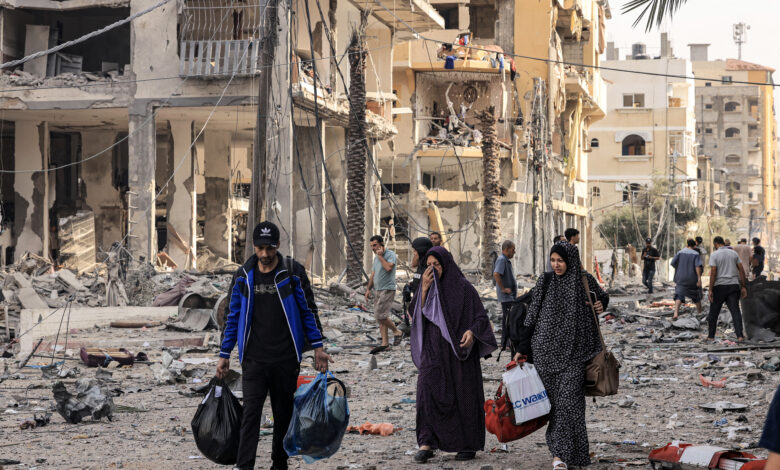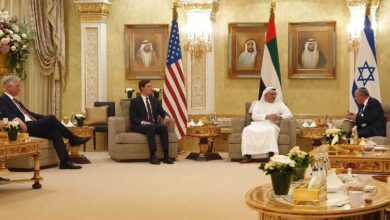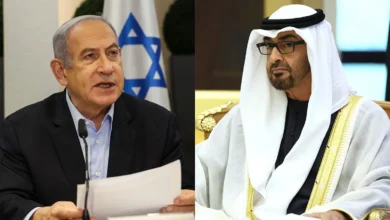Report: Gaza’s Silent Expulsion — Inside the UAE-Israel Plan to Clear Palestinians to South Sudan

As Israel’s war on Gaza enters its most brutal phase, a dangerous new front has opened — not on the battlefield, but in boardrooms and back channels. A covert deal, reportedly brokered between Israel, the United Arab Emirates, and the United States, is advancing a plan to forcibly relocate Palestinians from the besieged Gaza Strip to South Sudan — a fragile African state already teetering on the edge of collapse.
The New “Resettlement” Frontier
According to diplomatic sources and leaked government accounts, South Sudan’s cabinet has quietly approved an Israeli proposal to accept Palestinian civilians from Gaza. The plan, described by Israeli officials as “voluntary,” is anything but — and hinges on massive financial incentives from the UAE and geopolitical concessions from the U.S.
UAE officials have reportedly agreed to fund infrastructure and aid programs in South Sudan, helping build housing and logistics for the planned transfer. In return, the U.S. would lift sanctions on Juba, while Israel would invest in health and education.
An official from South Sudan’s Foreign Ministry told The Telegraph:
“The South Sudanese land is enough to host more people… it’s good for our economy.”
But lawmakers in South Sudan’s Parliament have already voiced staunch opposition, saying the country cannot even feed itself, let alone absorb war-displaced Palestinians. One MP bluntly stated:
“This idea is unacceptable to us.”
UAE’s Crucial Role
The UAE’s participation in this scheme is not incidental — it is instrumental. Abu Dhabi, which has played a central role in reshaping Arab-Israeli relations since the Abraham Accords, is now moving beyond diplomacy into demographic engineering.
By funding the removal of Palestinians from Gaza, the UAE is helping Israel actualize one of its oldest strategies: making the Palestinian issue “disappear” through permanent exile.
This effort mirrors past Emirati involvement in controversial population displacement efforts — from Gaza to Sudan to Yemen — where it often uses aid as leverage to advance political objectives.
“Voluntary” Under Siege?
The Israeli government continues to insist that relocation will be voluntary. Yet nearly all international legal experts agree: in the context of famine, bombardment, and siege, no such migration can be free.
Over 1.9 million Palestinians have already been displaced within Gaza. Israel’s siege has destroyed homes, schools, and hospitals. Proposals to move survivors to South Sudan — a state plagued by famine and civil conflict — is not humanitarian. It’s strategic expulsion.
“This is not about resettlement. This is about erasure,” says a regional analyst.
From Occupation to Expulsion
The broader picture is one of quiet ethnic cleansing:
- Military operations flatten Gaza
- Aid is tightly controlled
- Infrastructure is demolished
- And now, exile is being arranged
Netanyahu’s far-right coalition has openly discussed re-establishing Jewish settlements in Gaza. For that to happen, the indigenous population must be removed. This is the context for the South Sudan plan.
International Silence — and Complicity
So far, the U.S. has not condemned the plan. Instead, it is actively involved — offering sanctions relief to sweeten the deal for Juba. Meanwhile, Egypt and Jordan have rejected similar proposals under immense U.S. pressure.
This plan is a violation of international law. Forcible transfer of civilians from occupied territory — especially under duress — constitutes a war crime under the Fourth Geneva Convention.
Conclusion: A Call for Action
Dark Box demands:
- Full transparency on the South Sudan deal
- International sanctions against states funding or facilitating forced displacement
- UN investigation into the role of the UAE and Israel in orchestrating this plan
The UAE-Israel scheme to transfer Gazans to South Sudan is not diplomacy. It is deportation. It is ethnic cleansing disguised as humanitarian relief.
The world must not look away.




